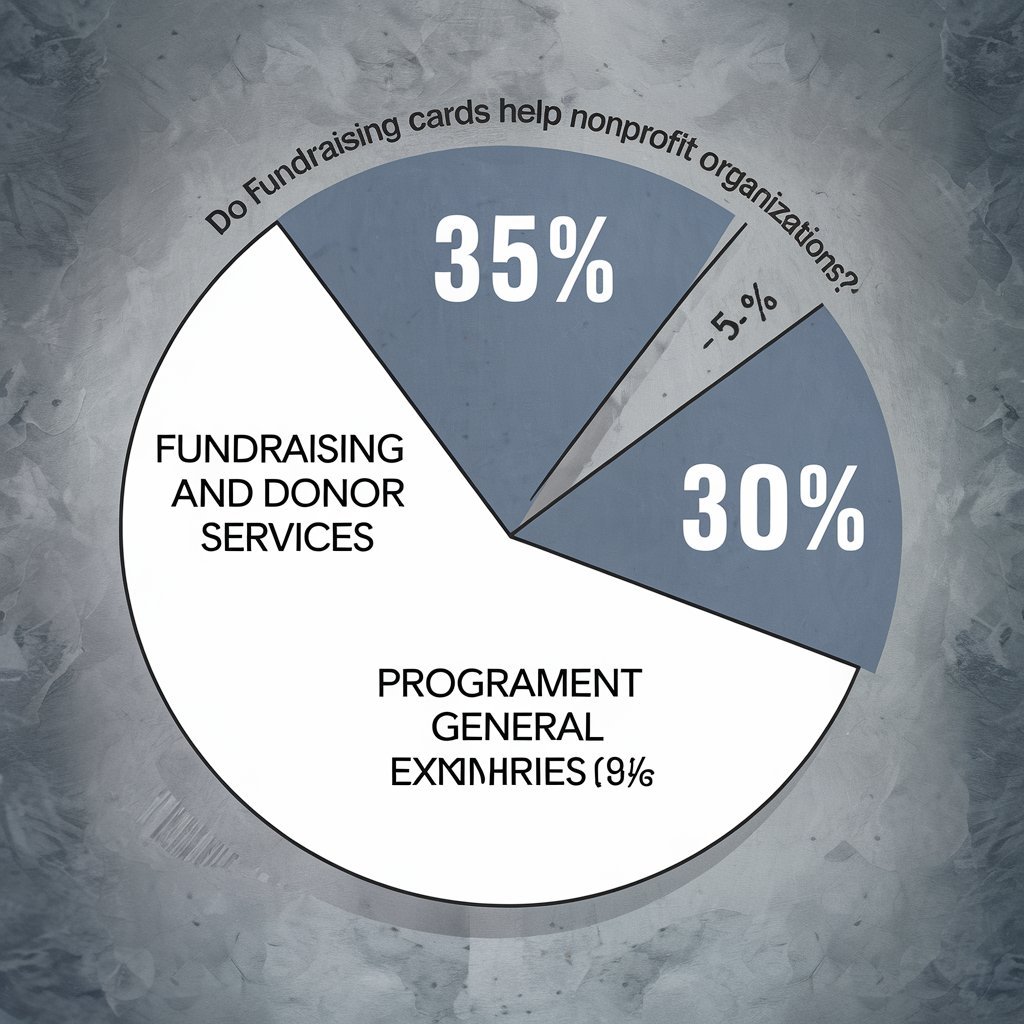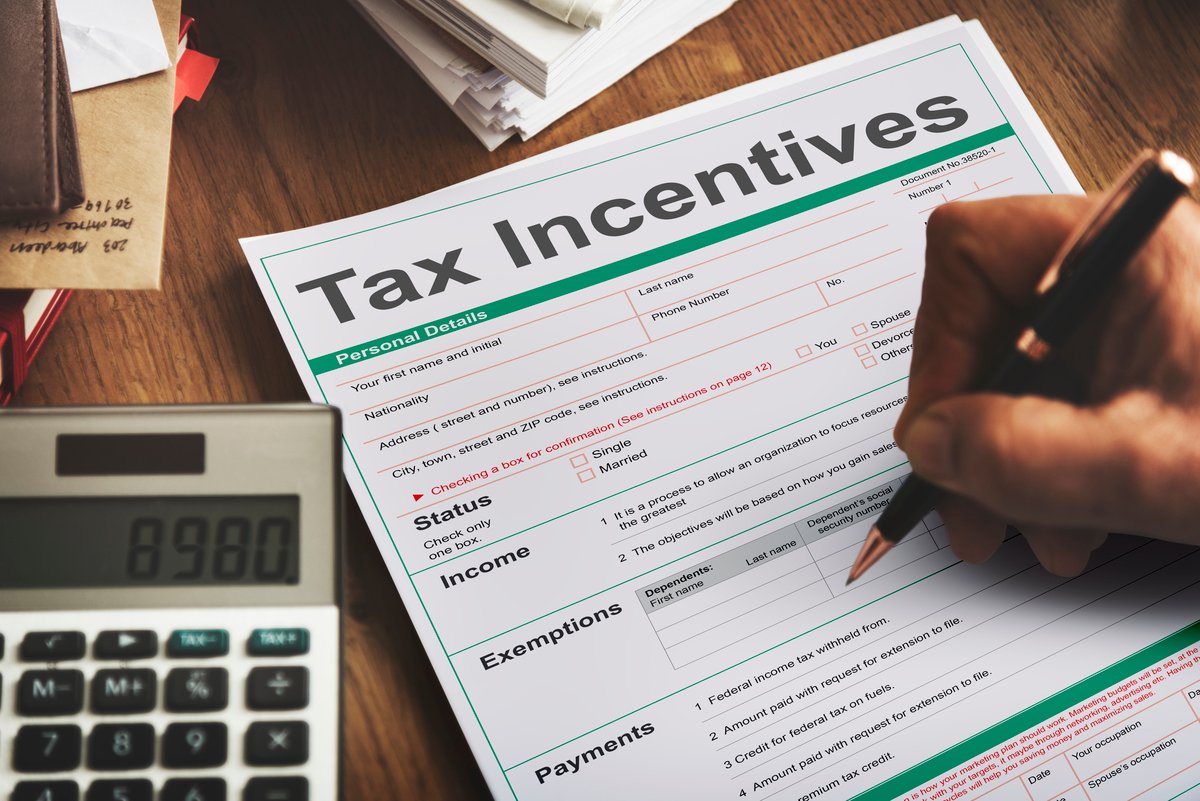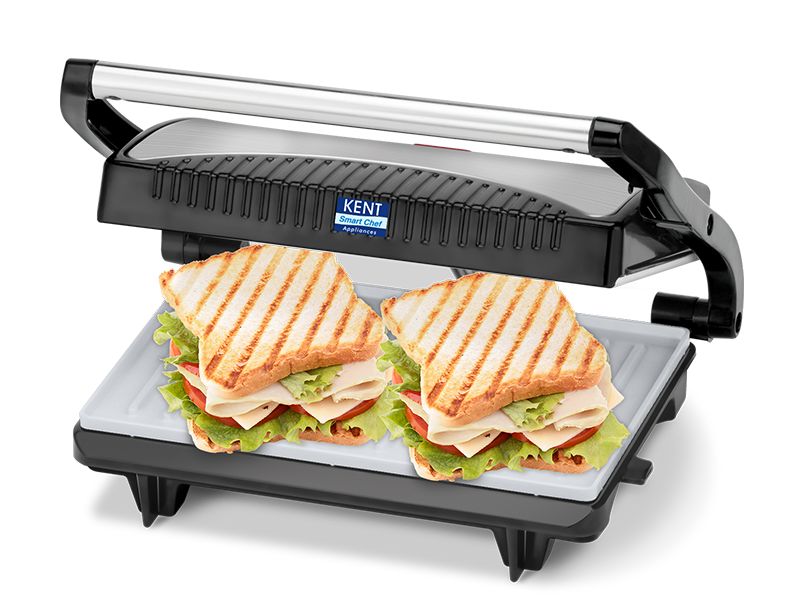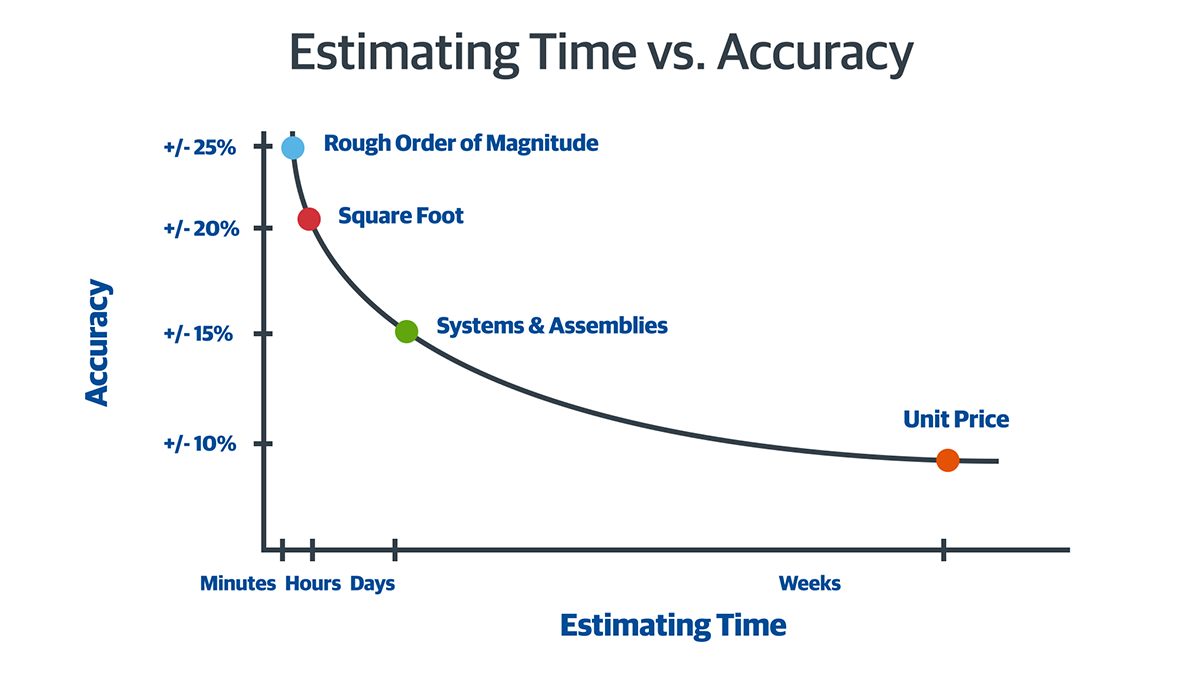Nonprofit organizations often rely on creative strategies to sustain their missions, engage supporters, and fund essential programs. Among these strategies, fundraising cards have emerged as a popular and effective tool. But what exactly makes them so impactful, and do they truly benefit nonprofits? Understanding their role requires diving into how they work, their benefits, and why so many organizations swear by them.
Cards fundraising are simple yet powerful tool. They typically offer discounts, rewards, or other benefits to supporters who purchase them. These cards help organizations generate funds while providing tangible value to donors. Unlike one-time donations, they engage contributors in a mutually beneficial exchange, strengthening relationships and fostering long-term loyalty.
Mechanics of Fundraising Cards
To understand the benefits, let’s first break down how cards work. Organizations partner with local businesses or service providers to create cards offering discounts, promotions, or exclusive deals. These cards are then sold to supporters at a fixed price, with proceeds going directly to the nonprofit.
How Fundraising Cards Work:
- Partnerships with Businesses: Nonprofits collaborate with businesses to include special offers on the card. For example, a restaurant might offer a “Buy One, Get One Free” deal.
- Card Creation and Design: The organization designs the cards to showcase their cause while highlighting the deals offered.
- Sales and Distribution: Supporters purchase the cards, either through direct sales, events, or online platforms.
- Redemption: Supporters use the cards at participating businesses, benefiting from discounts while contributing to the nonprofit’s goals.
This straightforward model makes cards accessible and easy to implement for organizations of all sizes.
Benefits of Fundraising Cards for Nonprofits
Cards fundraising offers numerous advantages for nonprofits. Let’s explore the key benefits that make them an effective fundraising solution.
1. High-Profit Margins
One of the standout features of card fundraisers is their profitability. Because the cost of producing these cards is relatively low, nonprofits can retain a significant portion of the proceeds. Partnering businesses often provide discounts at no cost to the nonprofit, further maximizing earnings.
2. Long-Lasting Engagement
Unlike a one-time donation, cards keep supporters engaged throughout their validity period, often a year. This repeated use reinforces the donor’s connection to the cause while providing ongoing value.
3. Tangible Value for Supporters
Contributors often appreciate receiving something in return for their donation. Cards fundraising makes supporters feel rewarded, increasing their likelihood of participating again in future campaigns.
4. Community Building
Partnerships with local businesses benefit not only the nonprofit but also the broader community. By promoting local establishments, fundraising cards foster a sense of collaboration and mutual support.
5. Customizable and Versatile
Nonprofits can tailor fundraiser cards to suit their specific needs. From the design to the choice of participating businesses, organizations can create a product that aligns perfectly with their mission and audience.
Practical Examples of Fundraising Card Campaigns
Cards fundraising are versatile and can be adapted to suit various nonprofit causes. Here are a few examples of how organizations use them effectively:
1. Schools and Educational Programs
Many schools use cards fundraising to raise money for extracurricular activities, supplies, or facility improvements. Parents and community members often find value in supporting education while enjoying local discounts.
2. Sports Teams
Youth sports teams frequently use fundraiser cards to cover costs for uniforms, travel, or tournament fees. Offering discounts to popular local eateries or sports stores ensures widespread appeal.
3. Charitable Organizations
From food banks to animal shelters, nonprofits across sectors use cards to boost donations. Highlighting deals from socially conscious businesses can further align the campaign with the organization’s values.
Tips for a Successful Fundraising Card Campaign
To maximize the benefits of cards, nonprofits should approach their campaigns strategically. Here are some tips for success:
1. Partner with the Right Businesses
Select businesses that resonate with your audience. For example, family-focused nonprofits might include deals at toy stores, family restaurants, or entertainment centers.
2. Create an Eye-Catching Design
The design of your fundraiser card should be visually appealing and reflect your organization’s mission. A professional, polished look can enhance credibility and appeal.
3. Set a Realistic Price
Price your cards fundraising appropriately to balance affordability with profitability. A common range is $10–$25 per card.
4. Promote Effectively
Use multiple channels to market your campaign, including social media, email newsletters, and community events. The more visibility your cards get, the higher your sales.
5. Provide Easy Purchase Options
Offer supporters multiple ways to buy the cards, such as online sales, in-person events, or through community volunteers.
6. Monitor Performance
Track sales and gather feedback from buyers. Understanding what worked (or didn’t) can help refine future campaigns.
A Comparison: Fundraising Cards vs. Other Fundraising Methods
| Method | Advantages | Challenges |
| Fundraising Cards | High profit margins, tangible supporter value, builds community | Requires partnerships and initial setup |
| Events | Engages supporters in person, creates buzz | Time-consuming, higher upfront costs |
| Online Crowdfunding | Wide reach, easy to set up | Can lack tangible supporter engagement |
| Product Sales | Familiar format (e.g., bake sales) | Lower profit margins, limited scalability |
As the table shows, cards strike a unique balance of profitability, engagement, and ease of execution compared to other methods.
Common Misconceptions About Fundraising Cards
Some organizations hesitate to use cards due to misconceptions. Let’s debunk a few:
- Misconception: They’re only for large nonprofits.
Reality: Any organization, regardless of size, can use cards successfully. Small, community-focused nonprofits often find them particularly effective. - Misconception: They’re too expensive to produce.
Reality: Many services offer affordable card production and partnerships with businesses often offset costs. - Misconception: They’re outdated.
Reality: With customizable designs and modern marketing strategies, fundraising cards remain relevant and appealing.
Conclusion
Yes, card fundraising helps nonprofit organizations. They provide a win-win solution that benefits nonprofits, supporters, and local businesses alike. With high-profit margins, lasting engagement, and the ability to foster community connections, fundraiser cards stand out as a versatile and effective fundraising tool.
If you’re supporting schools, sports teams, or charitable causes, fundraising cards offer a reliable way to boost donations and strengthen relationships with your supporters. Carefully planning and executing your campaign, your organization can unlock the full potential of this strategy.
Why DuraCard?
When it comes to producing high-quality, customizable cards for fundraising, DuraCard is a trusted partner. Known for durable designs and exceptional service, we help nonprofits create cards that are both attractive and functional. With options tailored to your specific needs, DuraCard ensures your card fundraiser leaves a lasting impression.














Leave a Reply